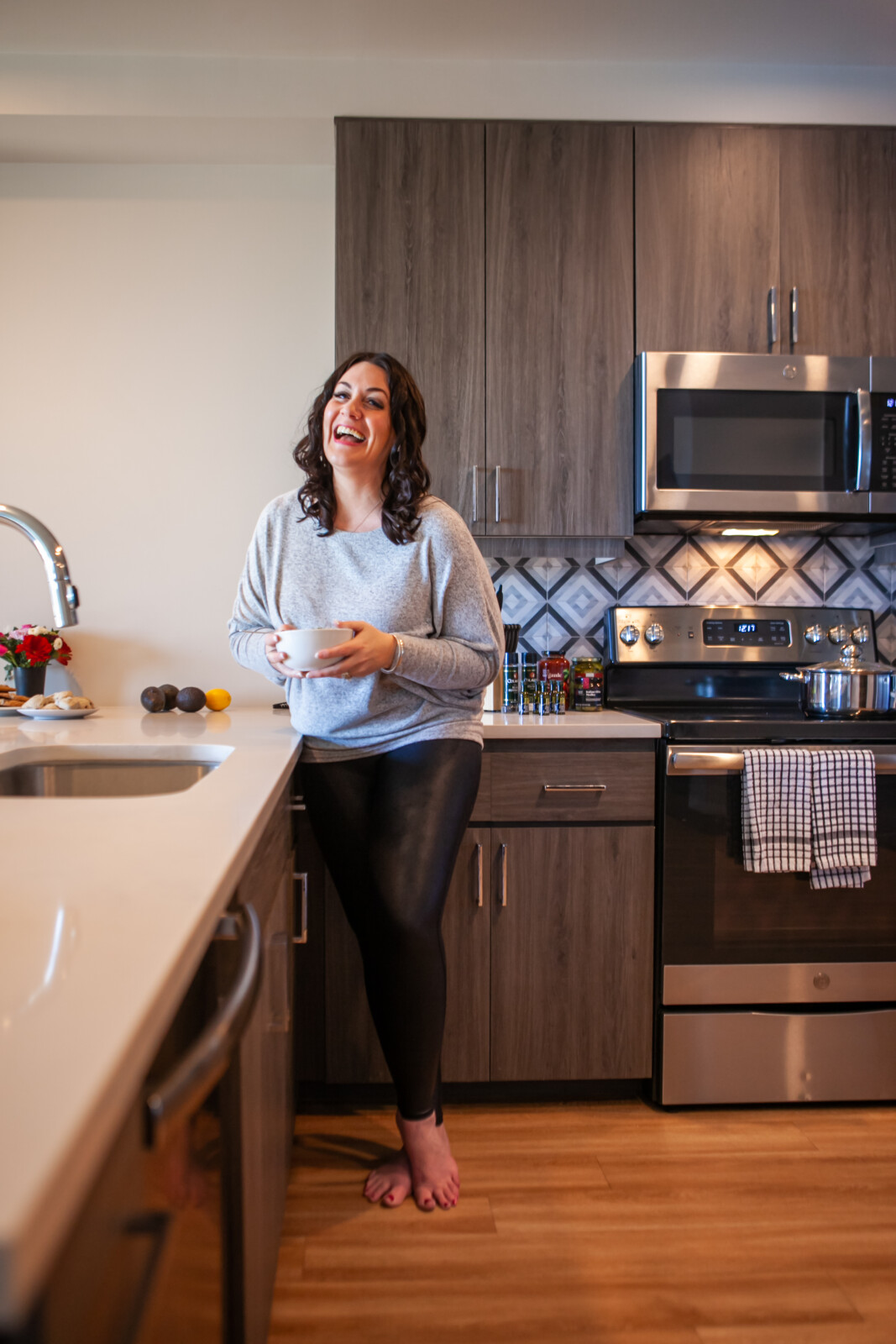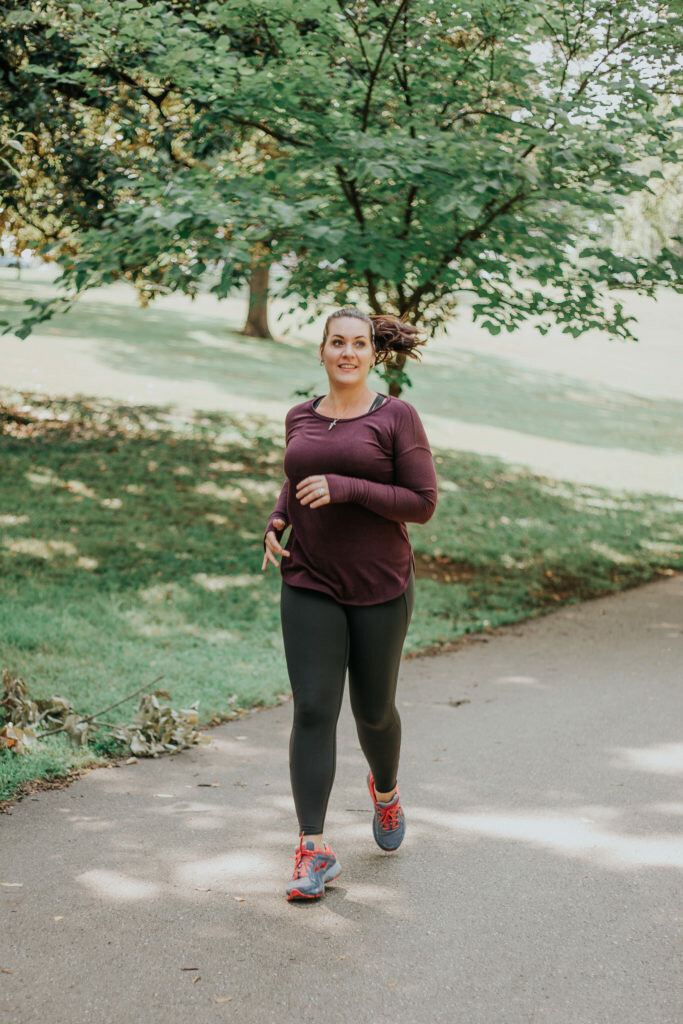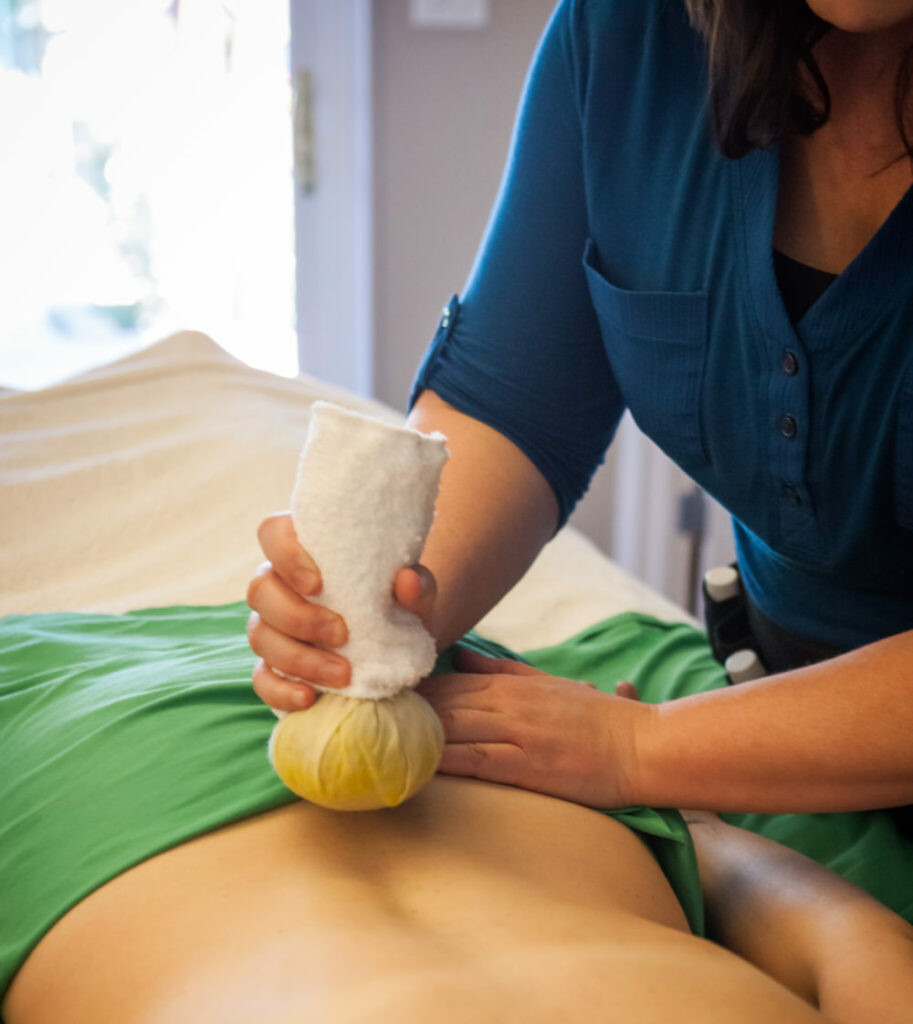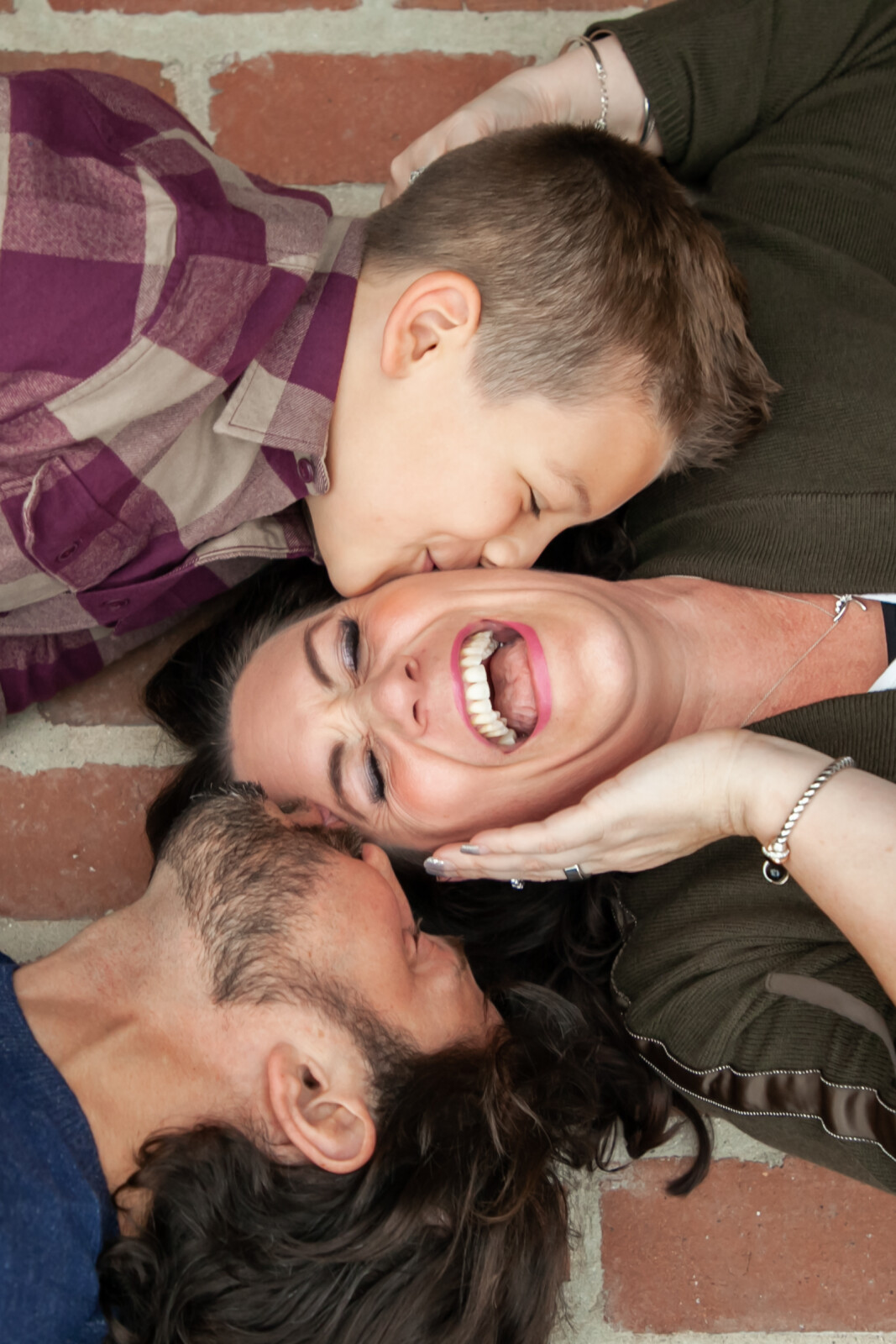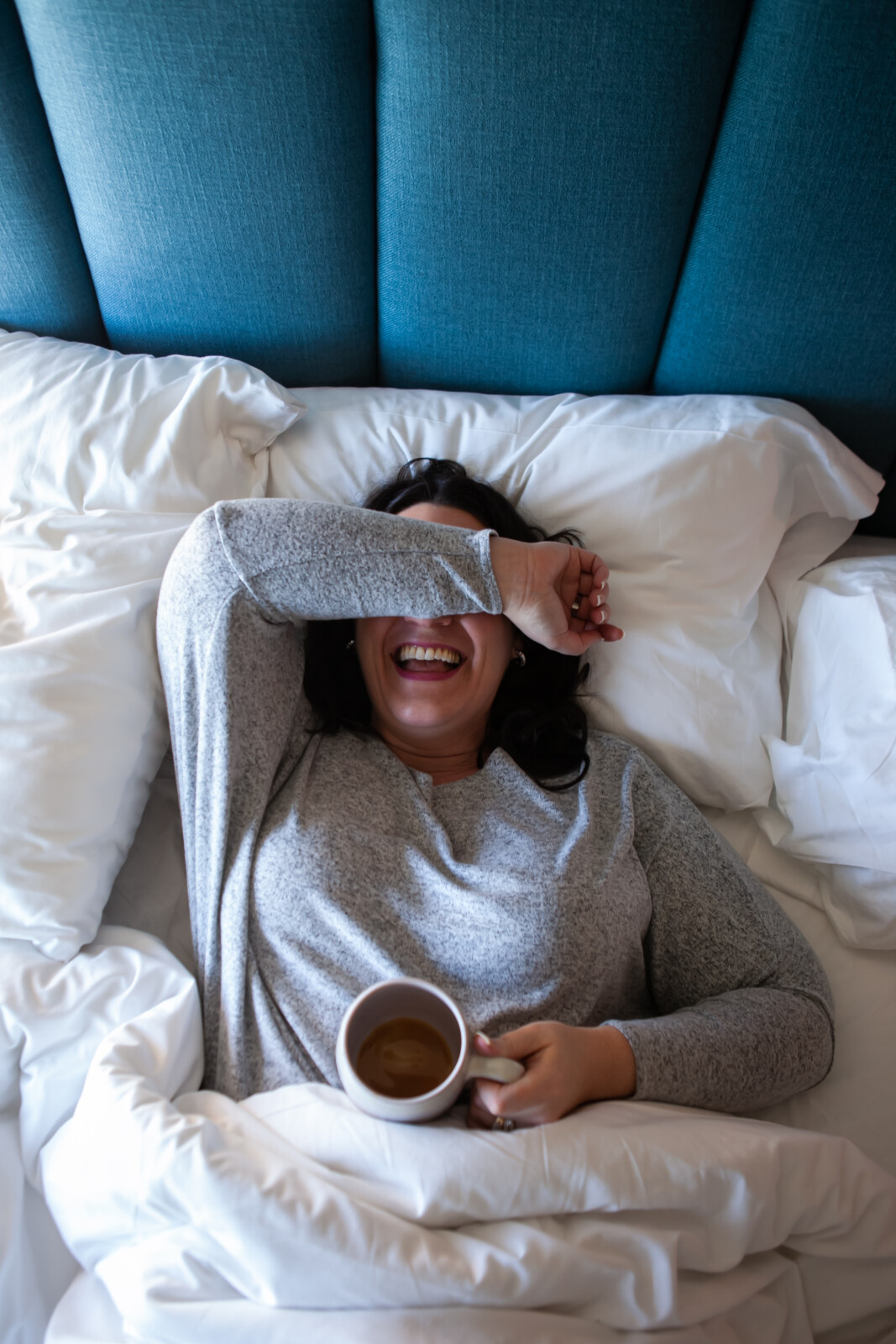
As we get older, we learn new methods to improve our health. We eat expert-recommended diets to improve our energy level. We take special medications to regulate our hormones and anxiety levels. We sign up for special workout programs to maintain our ideal weight. However, sometimes, improving our health is as simple as doing more of something we’ve known how to do since we were infants: sleeping.
“Getting enough sleep improves your health, strengthens your immune system, improves your mood, and boosts productivity,” said Kristen Knutson, National Sleep Foundation Poll Fellow. “Improving sleep in various demographics could make a positive impact on public health.”
Your mom probably told you, “You need your sleep!” And she was right. Here are seven science-backed things you probably didn’t know about sleep deprivation.
1. YOU might be sleep deprived
Nearly half of Americans report that they’re not getting enough sleep—or their sleep quality is poor—and it’s affecting the quality of life, according to the National Sleep Foundation. Only one-third of adults sleep eight hours per night per the World Health Organization recommendation. Feeling tired? Put down that coffee! You might just need a few more hours of shut-eye per night.
2. Men and women have different sleep disorder risk factors
Men are more likely to report snoring and get diagnosed with sleep apnea. Women, however, are more likely to report difficulty falling and staying asleep and get diagnosed with insomnia, according to the National Sleep Foundation.
3. Your brain makes decisions while you’re asleep
OK, it’s not like your brain is applying for graduate programs while you’re asleep. But while you might not remember much about the hours you spend asleep, your brain is actually quite active during this time. A study published in the journal Current Biology indicates that “complex stimuli can not only be processed while we sleep but [also] that this information can be used to make decisions, similarly as when we’re awake,” Thomas Andrillon and Sid Kouider write. Maybe there’s a good reason that people say they’re going to “sleep on” big decisions before they make them.
4. For some, needing sleep has been stigmatized
Leading neuroscientist Matthew Walker, a sleep scientist, says some people seem to view sleeping as lazy. People want to seem busy and productive, so either they sleep less, or they try to make is sound like they sleep less. “Humans are the only species that deliberately deprive themselves of sleep for no apparent reason,” Walker said.
5. Sleep deprivation can make you gain weight
While it might sound counterintuitive, sleeping more might help you maintain a healthy weight. Restricting your sleep not only increases appetite and stress hormones but also decreases your body’s ability to metabolize sugar. Next time you notice your pants are getting a little snug, don’t just start researching gym memberships—pay attention to how much sleep you’re getting, too.
6. Lack of sleep increases instances of car accidents
Driver fatigue has caused nearly 1.35 million car accidents in the United States in the past five years, according to the Harvard Business Review. If you’re awake for more than 18 hours in a row—say, from 6 a.m. to midnight—”your reaction speed, short-term and long-term memory, ability to focus, decision-making capacity, math processing, cognitive speed, and spatial orientation all start to suffer,” Bronwyn Fryer writes. We’ve probably all claimed at some point that we “don’t have time to sleep more,” but is it really worth the risk?
7. Alcohol consumption negatively impacts sleep
A lot of people drink a glass of wine before bed to fall asleep, but while you might fall asleep faster, in the long-run, this habit actually decreases sleep quality. Consuming alcohol before bed can interrupt your circadian rhythm, prevent the most restorative type of sleep, increase breathing problems, and lead to nighttime trips to the bathroom, according to the National Sleep Foundation.
Prescribing and prioritizing sleep
Walker believes that sleep loss is linked to Alzheimer’s disease, cancer, diabetes, obesity, and poor mental health. “No aspect of our biology is left unscathed by sleep deprivation,” he says. “. . . When did a doctor prescribe, not sleeping pills, but sleep itself? It needs to be prioritized, even incentivized.”
What can you do to prioritize sleep for yourself and your family?
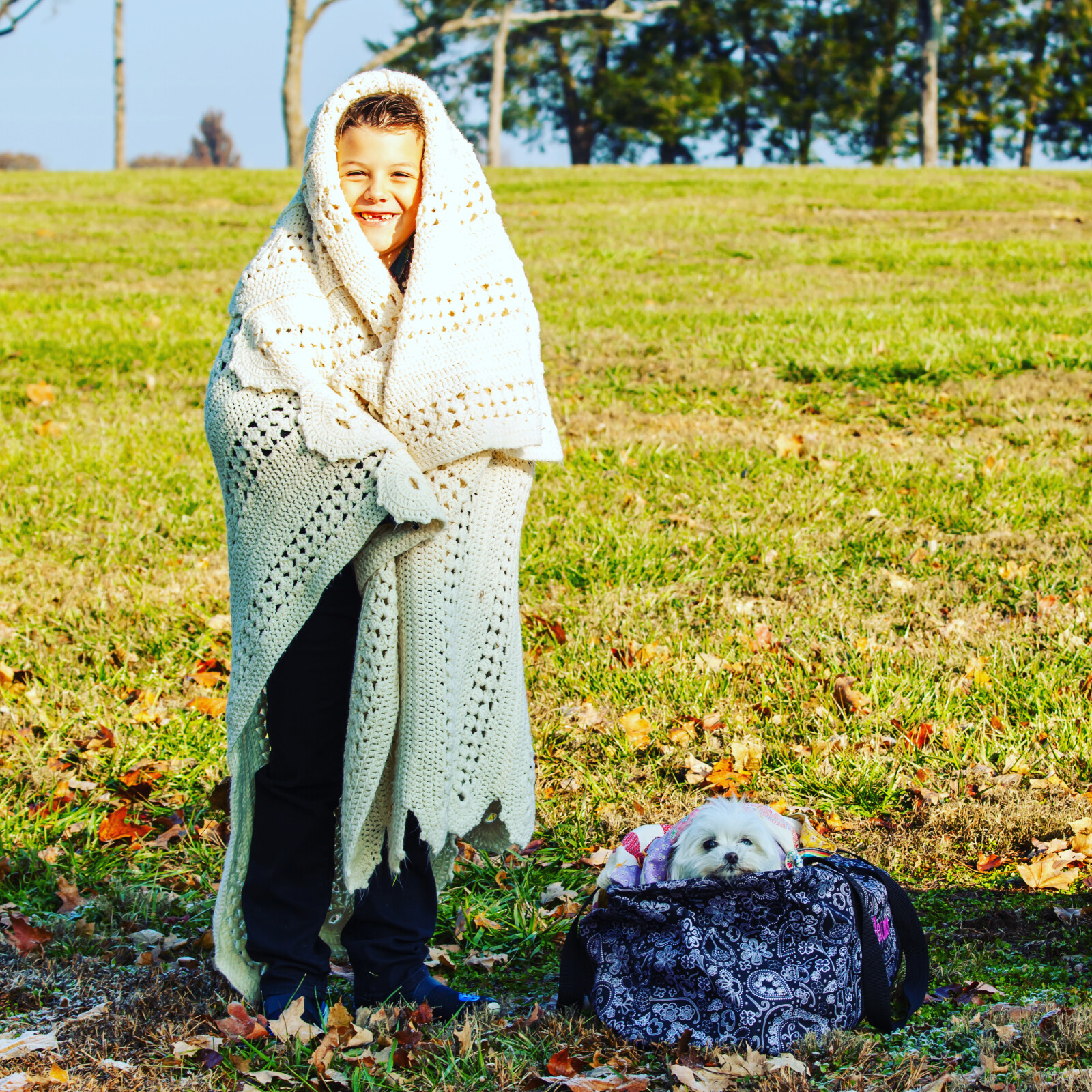
Weighted blankets can help reduce stress, ameliorate anxiety, improve sleep, and create a feeling of calmness. That’s a pretty impressive list of benefits that can be achieved without medication. Read on to learn what weighted blankets are, what other benefits are associated with them, and how to get one.
About Weighted Blankets
While a typical blanket is comprised of one layer of material designed to keep a person warm, a weighted blanket is lined with materials—usually plastic poly pellets or rice—to make the blanket heavier. Weighted blankets range from 4 to 30 pounds, and research suggests that people should use a weighted blanket that’s about 10% of their weight. Weighted blankets are warm and comfortable and imitate a hug or being held. This increasingly popular alternative to medication and other kinds of therapy also provides numerous health benefits.
The Benefits of Weighted Blankets
Exercising and eating healthy food takes planning and effort. Imagine if you could enjoy a long list of health benefits just from sleeping or sitting under a specific kind of blanket. Well, you can! Here are some of the potential ways a weighted blanket could help you or your family:
- Reduce anxiety. Approximately 30% of US adults suffer from some type of anxiety, which can cause fear, worry, and sleeplessness. Weighted blankets generate deep pressure touch (DPT), a type of pressure therapy that helps release dopamine and serotonin, feel-good hormones the brain makes that help reduce anxiety. In one study 63% of respondents reported reduced anxiety following weighted blanket usage.
- Reduce stress. Not everyone has been diagnosed with or experiences symptoms of anxiety, but everyone feels stressed from time to time. Weighted blankets use gravity to push the body downwards in a motion called “earthing” or “grounding.” Research indicates that grounding during sleep might reduce cortisol, which is the stress hormone. Reducing cortisol not only decreases stress levels but also positively influences blood sugar levels and the immune system.
- Improve sleep. Weighted blankets can help improve sleep quality and longevity, especially in those who suffer from Restless Leg Syndrome (RLS) and insomnia. First of all, using a weighted blanket can help your body produce melatonin, the chemical that helps the body relax when it’s time to sleep. A study by the Journal of Sleep Medicine and Disorders found that participants who slept under a weighted blanket slept for longer, moved around less during sleep, and reported feeling refreshed in the morning.
- Soothe children. Keith Zivalich, founder of The Magic Weighted Blanket, said, “[A weighted blanket’s] extra pressure is helpful for kids of all kinds, but particularly for kids with autism and sensory processing disorders.” Weighted blankets can help your kids sleep better and may even help them concentrate in the classroom.
- Help with much more. Weighted blankets have also been found to assist those with depression, weight gain, sensory disorders, and more.
How to Get a Weighted Blanket
Weighted blankets come in all different shapes and sizes. You can get adult-sized ones or smaller, lighter ones for your kids. You can also purchase tiny weighted blankets that are intended to rest in your lap while you work at your desk or watch TV. Now that you know what a weighted blanket is and how it could benefit you and your family, you’re probably wondering how to get one. You can buy one or make one. Just make sure you get one that’s made out of comfortable, breathable material and that’s the proper weight for the individual who is going to use it.
- Lora’s Weighted Blankets. Lora makes custom weighted blankets. If you’re looking for something specific but don’t want to make it yourself, this might be the route for you.
- Buy it online. The Magic Weighed Blanket company, mentioned above, lets you pick colors and materials. A simple Google search will show you a lot of other options as well. Just be sure to choose comfortable, breathable materials and the correct weight.
- Make it yourself. If you have the time and skills, you may want to make your own weighted blanket. You’ll need a sewing machine, fabric, a small scale, a ruler, thread, measuring tape, and rice. Click here to learn how to make your own essential oil weighted blanket.
Some Cautions
Though using a weighted blanket doesn’t present major risks, you should always read manufacturing warnings before using one. Use special caution when giving a weighted blanket to a child; consult a phyisican or occupational therapist first to ensure you’re using the correct weight. Especially if you have a chronic health condition, are going through menopause, have circulation or respiration issues, or have trouble regulating your temperature, make sure you talk to a doctor before using a weighted blanket.

